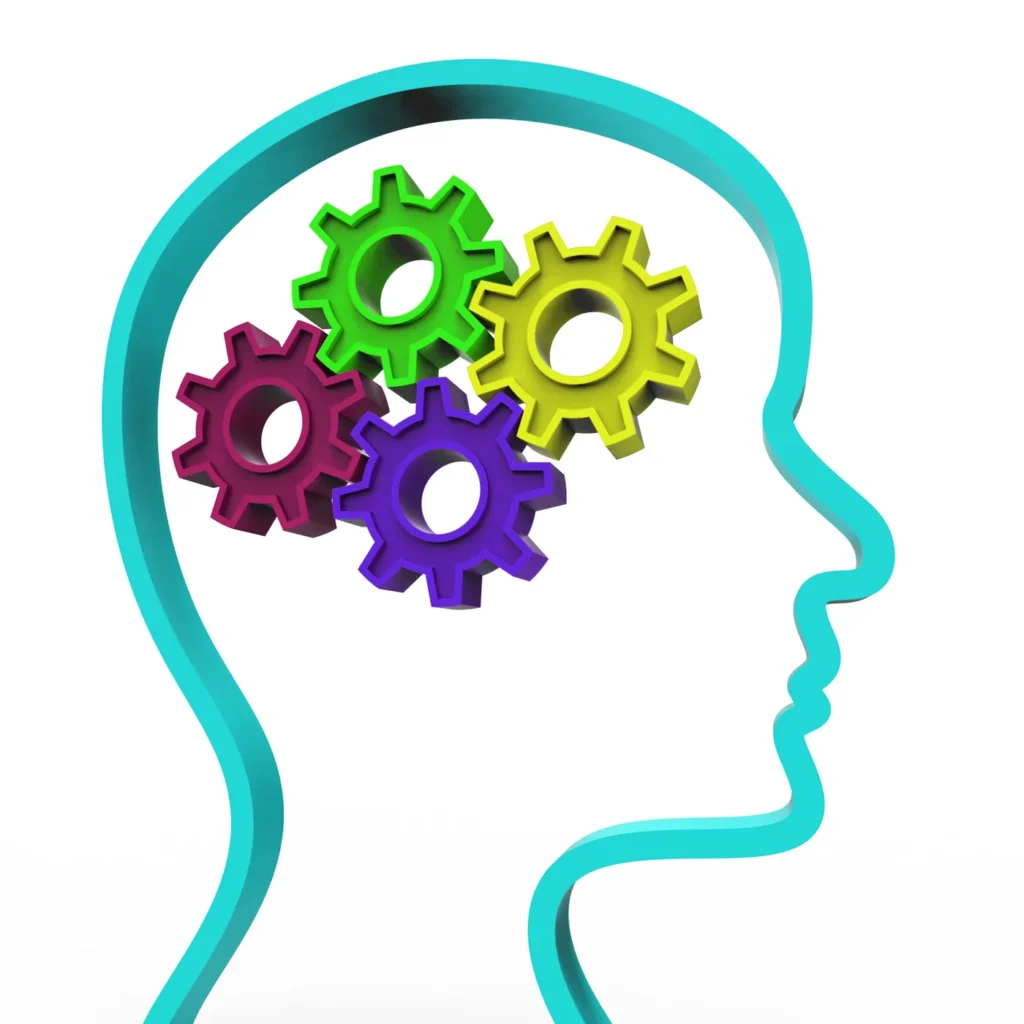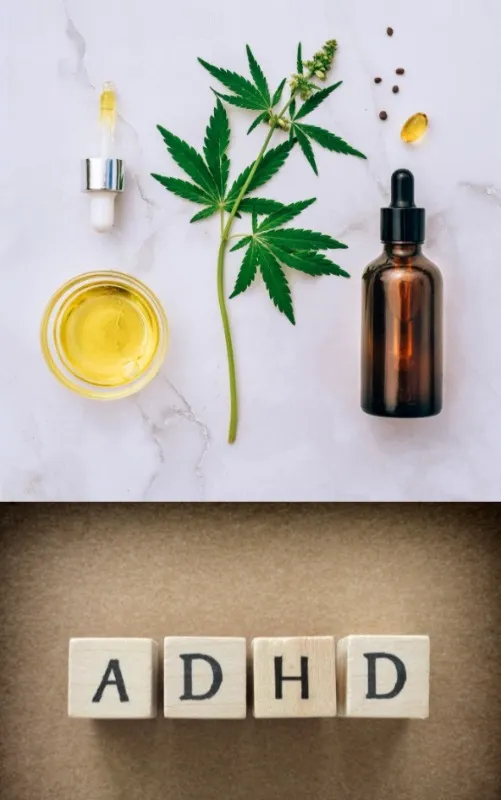Hey there, friends! Today I want to dive into an intriguing topic that has recently gained some attention in the ADHD community – the use of cannabis as a potential treatment for ADHD. Now, before we get into this, I want to emphasize that I’m not endorsing or promoting the use of cannabis. Instead, I aim to provide you with some evidence-based information to help you understand the possible benefits and risks associated with its use in ADHD treatment.
Let’s start with the positive side, as is always good practice. Some research studies have suggested that cannabis use might have certain benefits for individuals with ADHD. For example, a study published in the journal ‘Psychiatry Research’ found that ADHD symptom severity was reduced in adults who reported using cannabis. Similarly, another study published in ‘European Neuropsychopharmacology’ observed improvements in cognitive performance, hyperactivity, and impulsivity among participants with ADHD after using cannabis.

There is also some evidence that Cannabis may help with common ADHD coexisting conditions of anxiety and sleep problems. A study published in the Journal of Clinical Psychology found that smoking cannabis can immediately reduce symptoms of anxiety, although the effects may only last for a few hours. However, long-term cannabis use has also been associated with increased anxiety and other mental health issues. There is also some evidence that cannabis can help with sleep. A review published in the journal Current Psychiatry Reports found that some compounds in cannabis, such as THC, may help with sleep by reducing the time it takes to fall asleep and increasing total sleep time.
Of course, it’s crucial to note that these studies are still limited, and more research needs to be conducted to confirm these findings. However, they do give us some insight into the potential benefits of cannabis in managing ADHD symptoms.

On the flip side, we need to address the risks associated with cannabis use, particularly for the developing brain – something that’s extremely relevant for adolescents. Research has consistently shown that the adolescent brain is in a critical stage of development, and cannabis use during this time can have long-lasting negative effects.
A study published in ‘Frontiers in Pharmacology’ revealed that cannabis use during adolescence is associated with impaired neurodevelopment, including changes in brain structure and function. This can potentially lead to difficulties with attention, memory, and other cognitive functions. Additionally, this study highlighted an increased risk of developing mood disorders or substance abuse problems later in life.
It’s also important to consider the potential risks of dependence or addiction that can arise with cannabis use, regardless of age. Just like any substance, cannabis can be habit-forming, and individuals with ADHD may have a higher risk due to their particular brain chemistry. This risk should be taken into account and approached with caution before considering cannabis as a potential treatment option.
As an ADHD coach, I always emphasize the importance of a personalized treatment plan tailored to each individual’s unique needs. There are various evidence-based treatments, such as medication, therapy, ADHD coaching and lifestyle changes, that have proven effective for managing ADHD symptoms.
If you’re considering exploring cannabis as part of your treatment plan, it is absolutely essential to consult with a qualified healthcare professional who has experience in this area. They can discuss the potential risks and benefits specific to your situation and provide appropriate guidance.
To summarize, while there is some preliminary evidence suggesting that cannabis may have benefits for ADHD treatment, we must be cautious about the potential risks, especially for the developing adolescent brain. A comprehensive understanding of personal risk factors, in consultation with a healthcare professional, is crucial in making informed decisions about treatment. Remember, my friends, knowledge is power! Keep seeking information, stay curious, and always prioritize your well-being. We’re all on this journey together, and I’m here to support you every step of the way.

